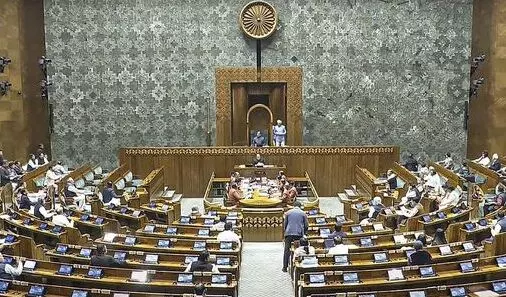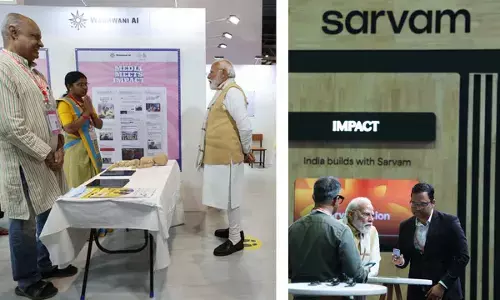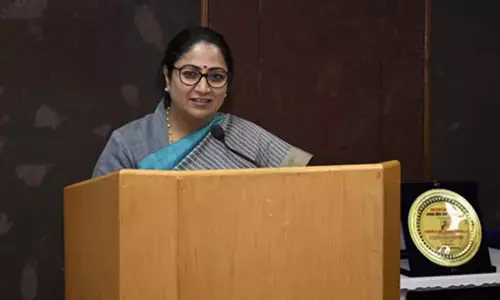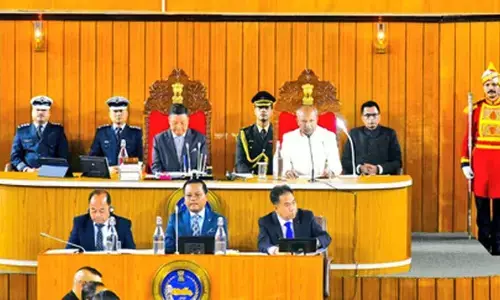‘One Nation, One Election’ Bills Introduced Amid Opposition Resistance

‘One Nation, One Election’ Bills Introduced Amid Opposition Resistance
One Nation, One Election’ Bills introduced in Parliament face strong opposition resistance. Learn about the proposal, its implications, and the political debate surrounding it.
The introduction of the “One Nation, One Election” Bills in the Lok Sabha on Tuesday sparked intense debate, as strong opposition from the INDIA bloc led to a division vote. The motion to introduce the Bills passed with 269 votes in favor and 198 votes against, marking a key moment in the ongoing political discourse.
Union Home Minister Amit Shah and Parliamentary Affairs Minister Arjun Ram Meghwal confirmed that the government was open to referring the Bills to a joint parliamentary committee for further scrutiny.
This announcement came after multiple opposition MPs raised objections against the Bills' introduction. In accordance with the Lok Sabha's rules, MPs can file notices opposing the introduction of a Bill under Clauses 72(1) and 72(2), which allows members to formally object in advance.
Congress MP Shashi Tharoor criticized the government's actions, pointing out that the voting process at the introduction stage demonstrated that the ruling BJP lacked the necessary two-thirds majority to amend the Constitution.
"The BJP is not just facing opposition from us; a broad coalition of opposition parties has raised concerns about this Bill," Tharoor remarked. He further questioned the Bill's compliance with the federal structure of India's Constitution, arguing that the collapse of a state government should not be tied to the fall of the central government.
Despite the government’s push, opposition members claimed a partial victory, asserting that the government’s inability to secure a two-thirds majority at the introduction stage indicated potential challenges in advancing the legislation further. However, constitutional experts have clarified the procedural nuances surrounding the introduction of constitutional amendment Bills.
P D T Achary, former Lok Sabha secretary general, explained to The Indian Express that a special majority, which is required for later stages of the legislative process, is not necessary for the introduction of a Constitutional Amendment Bill.
According to the rules, a Bill can be introduced in either House of Parliament by a simple majority, even if it pertains to amending the Constitution. The special majority requirement only applies when the Bill moves to the next stages, including debates, committee considerations, and final voting.
Article 368 of the Indian Constitution stipulates that a constitutional amendment can only be initiated through the introduction of a Bill, which must then be passed in both Houses of Parliament by a majority of the total membership and a two-thirds majority of the members present and voting. This process is crucial for ensuring any changes to the Constitution align with the broader democratic framework.
Legislative experts like M N Kaul and S L Shakdher have further clarified that special majority is generally needed at the later stages, such as for voting during the third reading.
During earlier stages, such as the introduction or committee referral, a simple majority suffices. Rule 157 of the Lok Sabha’s Rules of Procedure specifies that motions concerning constitutional amendment Bills—whether for consideration or referral to committees—are carried by a simple majority of the members present and voting.
Additionally, Rule 158 specifies that voting on such motions, when required, is conducted by division. It asserts that the result is valid if the majority of the total membership and at least two-thirds of the members present and voting are in favor of the motion.











